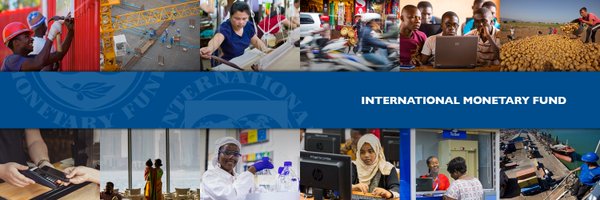 (AGENPARL) - Roma, 28 Ottobre 2022
(AGENPARL) - Roma, 28 Ottobre 2022(AGENPARL) – ven 28 ottobre 2022 The latest IMF analysis of global economics, finance, development and policy issues shaping the world. []
[IMF Weekend Read]
Dear Colleague,
In today’s edition, we focus on Europe’s economic outlook amid a toxic mix of high inflation and flagging growth, trade tensions in Asia and the Pacific, the search for energy security, Ukraine’s reconstruction needs, Malawi’s access to emergency food financing, financial-market conditions, and much more.
Europe Outlook
Why Countries Must Cooperate on Carbon Prices
(IMF PHOTOS)
As Russia’s war in Ukraine takes a rising toll on Europe’s economies, growth is flagging across the continent, while inflation shows little sign of abating.
“Strength, coordination and solidarity pulled Europe out of the COVID-19 crisis,” Alfred Kammer says.
“Once again, the task ahead is immense, but if European policymakers muster the spirit of the pandemic response, it can be accomplished.”
Asia Outlook
Most Urgent Challenges
(ASIA IMAGES GROUP; MD JAWADUR RAHMAN/PEXELS; TRAVEL COFFEE BOOK; SAMXMEG/GETTY IMAGES)
Geopolitical tensions have raised the prospect that strategic competition and national security concerns may trump the shared economic benefits of global trade.
Interdependencies between economies mean that such a prospect would be very costly, especially for Asia. About half of the imports in the United States and a third in Europe come from Asia. And, in turn, Asian countries account for almost half of global demand for key commodities.
“Rolling back damaging trade restrictions and reducing uncertainty via clear communication of policy objectives should be a priority,” the authors say.
“Above all…engagement and dialogue between countries will be vital to avoid the most harmful fragmentation scenarios.”
The interview, part of Finance and Development Magazine’s Café Economics series, examines how the crisis started, the implications for developing economies, and the risks of a fragmented energy market.
“If we create an energy system that is based on renewables and other forms of zero-carbon electricity, we create a system that is by nature more local and less involved in geopolitics,” Gross says.
Other topics included inflation, the food crisis, the economics of fertility, and much more. Authors included Eswar Prasad, Augustin Carstens, Ravi Menon, Tobias Adrian, Fabian Schar, Aditya Narain, Carlo Pizzinelli, Michele Tertilt and many more.
—————————————————————
WEEKLY ROUND-UP
—————————————————————
[profile]
Nick Owen
Editor
IMF Weekend Read
Thank you again very much for your interest in the Weekend Read! Be sure to let us know what issues and trends we should have on our radar.
Connect on Social

